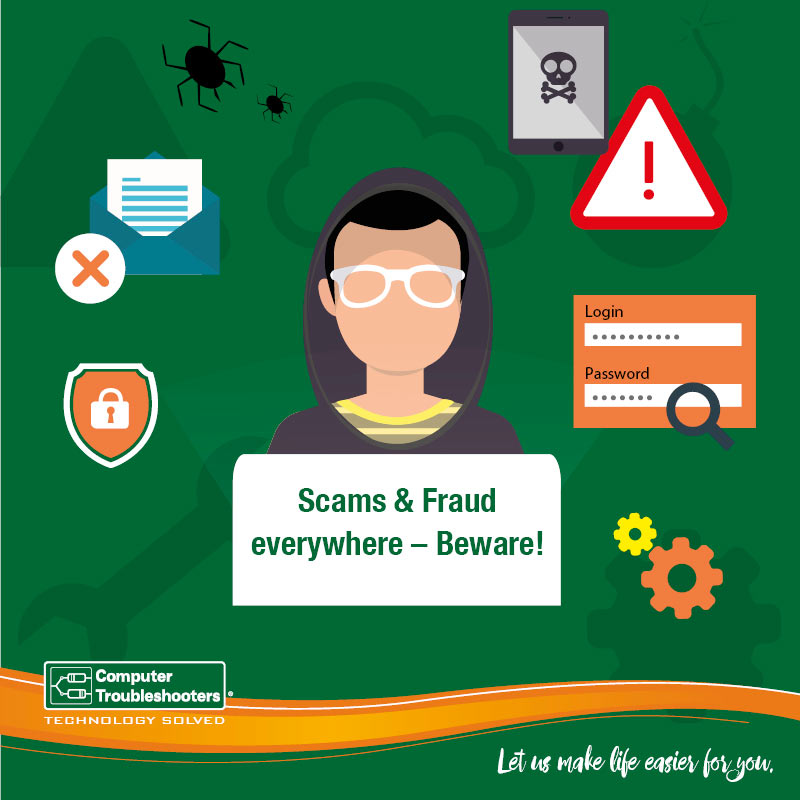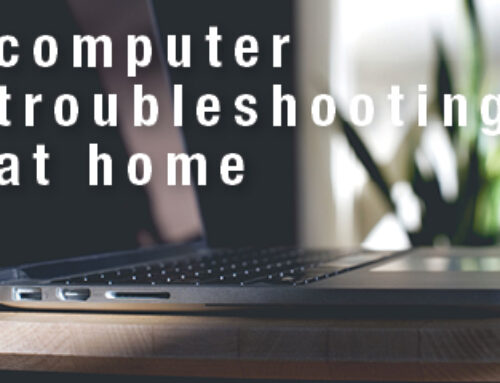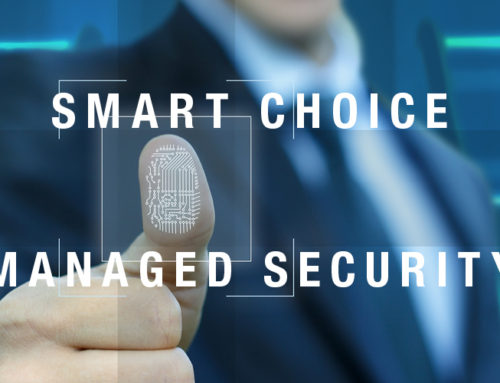Recently we have seen a spike in internet & email scams that could cost you time and money. The nature of these attacks may vary, but ultimately they all seek to make money from you in one form or another. We thought it would be worthwhile giving you, and those around you a heads up on the most preventable fraud attacks we have seen in the last few months:
- Microsoft Support Pop- Up scam – this latest malware looks to be using Google Chrome & Edge search browsers to enable a fake Microsoft Support Pop-Up on your screen it advises “Your Computer has been Blocked” and to Call for Support on 1800 152 454 – this connects you to a fake help centre who then do their best to convince you let them take control on your computer remotely.
- Telstra Telephone Scam – in this scam you are randomly called by “Telstra” and told you have errors on your computer. To prove they are from Telstra they get you to login to your computer & access your CLSID, they then tell you your ID (amazingly this is the same on all computers). If you buy their story they then get you to remotely to connect with their TeamViewer connection so they can fix your machine. Once they have access they can install their own malware that starts to infect the machine, ultimately they will seek to charge you for fixing the malware they installed.
- Invoice Reminder Scam –using electricity & gas company names and logos they just seem to be sending the latest bill to your email with an instruction to click to download, unfortunately they can link you to a purpose built website that downloads cryptolocker to your computer. cryptolocker is a form of ransomware that encrypts all your files and demands a payment in bitcoins to release, it is almost impossible to crack.
- Prize Win Scam – generally targeting the more gullible these can arrive by SMS or email indicating you have won a prize (in a draw you never entered) and by clicking on a link and supplying details they either seek to gain personal information for fraud or to place phishing software on your computer to gain access to bank and credit card details.
- Government Business Scam – this email scam generally takes the form of a government agency seeking to verify information examples include speeding tickets from police departments, tax office refunds, or complaints from agencies. Similar to other scams, by clicking on a link they install malware, phishing or cryptolocker to get a result.
- Parcel Pickup Scam – Using recognized names such as Post, UPS or FedEx these emails indicate you have a package waiting for collection and by clicking on the link you can arrange delivery. Once again by clicking on a link they install malware, phishing or cryptolocker to get a result.
How to prevent becoming a Scam victim? Prevention – don’t open or click on unsolicited emails or SMS
- Educate everyone on the risk of opening email attachments that they shouldn’t. They may receive an email that they weren’t expecting or something may look wrong about it. These emails can also come from a spoofed account that may look legitimate or even appear to be from someone you know. The bottom line is to always be careful when opening email attachments.
- Be Skeptical – if something looks too good to be true then it is probably is! Think before you click – check the sending email address is actually a domain that would be associated with that business. You can also preview links to see if they look legitimate with the business name.
Your Checklist to protect Yourself, Your Family and Your Business from Scams & Threats We suggest that you start with this brief checklist:
- Maintain a Clean Machine by running the most recent operating system, security software, apps and web browser as a defense against online threats such as viruses and malware.
- Security Software – every computer should have internet security protection to help detect infections such as Cryptolocker, it may also limit the harm done by warning you before the file is executed, should you accidently click on a malicious email.
- Firewalls and Encryption should be in use by businesses to secure their internet connection. Educate employees about passwords and internet security guidelines.
- Using a hybrid cloud service – Office 365 as a hosted email & file service that will always have a copy available in the cloud that will not be infected by some of these type of malware, so if your computer is inflected the original copy is located in the cloud can be accessed by a different device
- Have a regular backup copy – have a scheduled backup so you always have a recent copy of your files.
- Have a Backup to non-networked drive – Cryptolocker and its lookalikes can find mapped and shared drives. For your backup either rotate external drives or have off site scheduled backup. Beware of using sync backups such as OneDrive as they can also be encrypted.
Computer Troubleshooters Can Help Your Family & Business with Cyber Security Computer Troubleshooters can do an assessment of your business’ computer network. We can also provide recommendations for establishing a strategic approach to cyber security and assist you with a variety of solutions to reduce the risk of a security breach. We strongly encourage you to prepare your business for the threat of a cyber security crime, call your local Computer Troubleshooters office today for help and advice.






